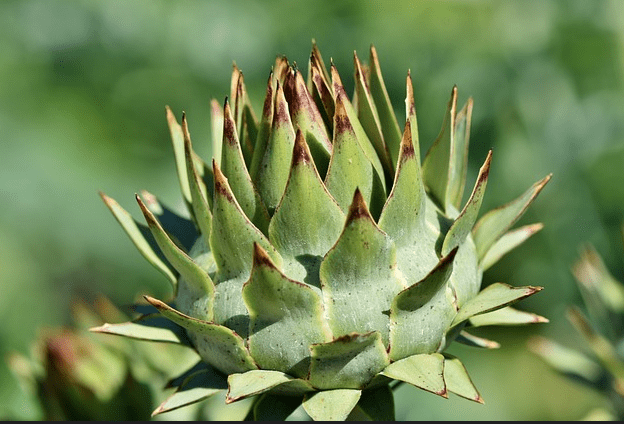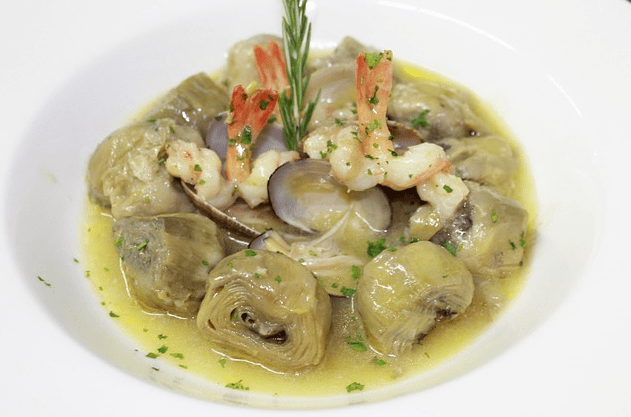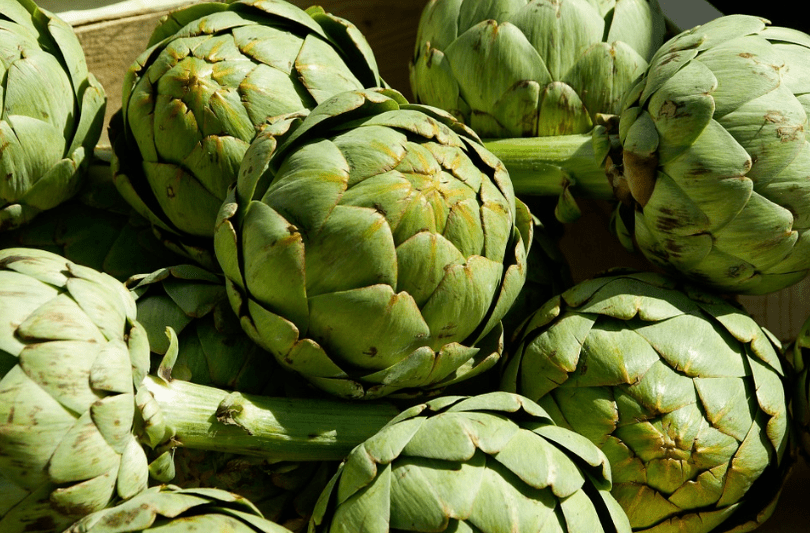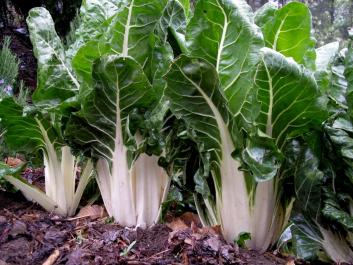April marks the perfect time to rediscover and indulge in the artichoke (and of course, to steam it with boiling water and concoct various culinary wonders in the kitchen) because it's now at its peak.
The artichoke provides us with an opportunity to delve into the rich heritage of Italian cuisine and its ancient roots tracing back to Roman culinary traditions. We often view the evolution of culinary culture as a natural progression in the broader cultural landscape.
True and yet not entirely true – Italian cuisine is an eye-opener. Italians are the biological descendants of the Romans; Italian is a offspring of Latin, and in the Italian national consciousness, the Republic and the Roman Empire are sources of pride. Until we reach the kitchen.
Today, it's challenging to find the Roman context in modern Italian cuisine. The Romans were unfamiliar with pasta, which became a dominant ingredient in Italian cuisine and arrived in Italy from Asia via the Silk Road during the Middle Ages, long after the Romans ceased to exist as part of Western Europe. And it's not just pasta. Imagine Italian cuisine without tomatoes, which were introduced to Europe only in the late 16th century.
Even polenta, boasting ancient roots and made today from cornmeal, which like tomatoes, potatoes, and peppers, was unknown to the Romans. Therefore, the "classic" Italian cuisine is primarily modern. Until we come to the artichoke.

The artichoke existed around the Mediterranean long before the Romans. In fact, like many other ideas "developed" by the Romans, they adopted the artichoke from ancient Greeks.
How important was the artichoke to the Greeks? Important enough for them to create a myth around it, integrating it into their mythology. Like most creation stories in Greek mythology, the one linked to the artichoke is essentially a horror story.
The story unfolds on the pastoral Greek island of Zinari. A beautiful girl named Kinara strolled along the shore, collecting seashells. It turns out she picked the worst time because at that exact moment, Zeus, the king of the gods, finished a meeting with his brother Poseidon, the god of the sea, on the shore of Zinari. Zeus, upon seeing Kinara, fell in love with her and offered her godhood and a place with him on Olympus, on one condition: she must forget her family forever. She agreed.

Whenever Hera was absent, Zeus hurried to meet Kinara: like a boy in love. But soon the young goddess grieved over her mother and home, and secretly from Zeus went to visit her family in the world of mortals.
Zeus, like many other gods, was a hot-headed deity with psychopathic tendencies, realized this and immediately turned the beautiful girl into an ugly thorny plant named Kinara, as the artichoke is still called in Latin.
The artichoke may be an ugly thorny plant, but the Greeks and Romans understood very well why it was worth dealing with these thorns. So here we are, finally reaching a hint of the dishes the Romans themselves ate. The ancient artichoke dish of the city of Rome, 'Carciofi alla Romana' (Roman-style artichokes) is probably the closest thing to the dishes served on the tables of the emperors.
In essence, it's artichokes cooked for a long time in liquids with plenty of parsley and garlic. Another ancient artichoke dish that resonates with the ancient Roman kitchen context is 'Carciofi alla Giudia' which the Romans probably knew very well.
If 'Giudia' rings a bell, you're not mistaken. In literal translation, the dish is called Jewish-style artichokes and was popularized in the Jewish ghetto of Rome during the Middle Ages. In essence, it is whole artichokes deep-fried in olive oil.
Since the Jewish community of Rome is one of the oldest communities in the world, with its roots dating back to the Roman Empire, it's likely that this dish from the Middle Ages is an evolution of even older similar dishes.
I once had the pleasure of eating this wonderful crispy dish, and it truly doesn't resemble the artichoke dishes we know in the local context.
As mentioned, our organic artichoke is already here, and it's magnificent. This time, I'll forgo deep-frying it, but there are plenty of other delicious things to do with artichokes. So, if you want to feel a bit imperial this week, don't miss out on our artichoke.







